Contents
1. Summary
2. Characters
3. Themes
4. Symbols
5. Sample Essay Topics
6. A+ Essay Topic Breakdown
Station Eleven is usually studied in the Australian curriculum under Area of Study 1 - Text Response. For a detailed guide on Text Response, check out our Ultimate Guide to VCE Text Response.
Summary
“Twenty years after the end of air travel, the caravans of the Travelling Symphony moved slowly under a white-hot sky.”
When you think about post-apocalyptic science fiction stories, what kind of thing comes to mind first? Maybe an alien invasion, Pacific Rim style monsters perhaps, and almost always the mad scramble of a protagonist to stockpile resources and protect their loved ones from the imminent chaos and destruction—these are tropes which are tried and tested in this genre.
What mightn’t come to mind as immediately is a story about a travelling Shakespeare troupe wandering the North American continent decades after the actual apocalypse has struck, which is exactly the story that Mandel tells in Station Eleven.
While post-apocalyptic tales tend to focus on the action around the impact of a fictional disaster, Mandel’s novel speaks to the attitudes and characteristics of people which drive any action that occurs. She interrogates central questions about human society, inviting readers to consider what human qualities can endure even an apocalypse, what qualities are timeless.
Characters
A tale of two timelines: part one
“…once we’re seen, that’s not enough anymore. After that, we want to be remembered.”
Part of the novel’s ambition is that while it’s set 20 years after the apocalyptic Georgia Flu, it constantly reaches decades into the past to search for meaning. In particular, the novel’s central character is Arthur Leander, an actor whose death coincides with the breakout of the Flu. Tracing his origins from obscurity to fame, Mandel juxtaposes his philandering and untrustworthy behaviour with repeated attempts to be a better person, or perhaps just be more true to himself, before his death. We’ll eventually see that many of his actions have consequences years into the future.
Arguably equally important in legacy is his first wife, Miranda Carroll, whose comics lend the novel its title. Take this with a grain of salt—she’s kind of my favourite character—but the time and energy she invests in the Station Eleven comics are arguably the most valuable investment of the novel. Her comics survive her in the years following the Flu, and are a source of escape and purpose for others just as they had been for herself.
Both of these characters come into contact with Jeevan Chaudhary, a paparazzo and journalist who regularly follows Arthur though his career, photographing Miranda in a vulnerable moment before her divorce, and booking an interview with Arthur years later as he plans to leave his second wife Elizabeth Colton. We see Jeevan struggle with his purpose in life throughout the novel, though it can be said that he ultimately finds it after the Flu, when he is working as a medic.
Finally, there’s Clark Thompson, Arthur’s friend from college who remains loyal, though not necessarily uncritical, of him all throughout his life. As the Flu first arrives in America, Clark is just leaving for Toronto, but a Flu outbreak there causes his flight to be redirected to Severn City Airport, where he and others miraculously survive in what will become a key setting of the novel.
A tale of two timelines: part two
“I stood looking over my damaged home and tried to forget the sweetness of life on Earth.”
All of this finally puts us in a position to think analytically about characters in the ‘present’ timeline, that is, 20 years after the Flu. We experience the present mostly through the perspective of Kirsten Raymonde, a performer who survived the Flu as a young child. Because she was so young when it happened, many of the traumas she experienced have been erased by her mind, and she struggles to piece together what she lost in a quest for identity and meaning, largely driven by her vague memories of Arthur. She travels with the Travelling Symphony with others such as Alexandra, August and the conductor—they have collectively adopted the motto, “survival is insufficient.”
Through the story, they are pursued by the prophet, later revealed to be Tyler Leander, the child of Arthur and Elizabeth who survived and grew up in the decades following the Flu outbreak. A religious extremist, he becomes the leader of a cult of fanatics who amass weapons and conquer towns by force. Both Kirsten and Tyler pursue the Station Eleven comics, quoted above—they each possess a copy, and resonate strongly with the struggles of the characters created by Miranda.
(CW: suicide) Also important is Jeevan’s brother, Frank, a paraplegic author who was writing about a philanthropist in the last days before his death, whereby he kills himself so as to give his brother a better chance of surviving. While he isn’t a particularly major character, his writing on morality and mortality (quoted with the first batch of characters) are symbolically and thematically important.
______
By the way, to download a PDF version of this blog for printing or offline use, click here!
______
Themes
Part 1
“That’s what passes for a life…that’s what passes for happiness, for most people…they’re like sleepwalkers…”
These characters already speak to some of the major themes that formulate the novel. On one hand, Mandel explores various meanings of contemporary or modern civilisation. We live in a technology-driven age where constraints of time and space mean less than ever before. For example, people are mobile through space thanks to airplanes and telephones, and the internet means that any and all information is available to anyone, all the time. Mandel constantly looks back at this society and describes it in terms of our technology: for example, “the era when it was possible to press a series of buttons on a telephone and speak with someone on the far side of the earth.” On one level, she comments on how many of these minor miracles are taken for granted in our every day lives.
On another level, these elements of society also give rise to the culture of celebrity in our lives, as high-profile figures are put under increasing pressure to maintain appearances at all times, and lead increasingly ‘perfect’ lives as a result. These were pressures that Arthur struggled to live up to, and his “failed marriages” accompanied his career at all stages. The flip side of this is that people who follow celebrities, such as Jeevan, lead increasingly emptier and more vacuous lives—and Jeevan is well-aware of this, telling Miranda that he doesn’t seek a greater purpose in life beyond making money. This lack of purpose, this ennui, is something that tints much of society through the eyes of Mandel.
Another major theme which the lives of these characters start to explore is the value of art as a source of purpose. While civilisation is portrayed as fragile and meaningless, art—in all its forms, including creating, reproducing, performing and consuming—is a way for people such as Miranda to understand, process and escape their lives. This theme is arguably the most important, as it tethers different parts of the novel together; even after the apocalypse, people turn to art as a way of understanding and connecting to others as well as to themselves.
Part 2
“The more you remember, the more you’ve lost.”
Inevitably with this genre, survival and mortality are major themes, as massive populations of people have died and continue to die due to the impacts of the Georgia Flu. To some extent, survivor’s guilt motivates many to search for a deeper meaning to their survival, hence the motto of the Symphony. It also drives them to turn to art as we’ve explored, since bare subsistence isn’t enough to give their lives the meaning they desire. Maybe this is what it means to be human.
On the other hand, the Flu also turns others to religious extremity, as is the case with Elizabeth, Tyler and the rest of their cult. This speaks to broader ideas about faith, fate and spirituality—are there greater forces out there who manipulate events in our world? Certainly, there are enough coincidences in the novel for this theory to be valid; even just Kirsten and Tyler both having copies of Station Eleven and both acting under the influence of Arthur is so coincidental.
However, perhaps the most important theme here is memory. Mandel ultimately puts this as the central question to readers: is memory more of a blessing or a burden? Is it preferable to remember everything you’ve lost, or be ignorant of it all? I’m not sure she really answers this one, to be honest. Various symbols—and even the constantly shifting narrative perspective—evoke the epic sense of loss in the apocalypse, and yet encountering characters like Alexandra, who never really knew what the internet was, makes you rethink that loss; perhaps it is better to have experienced the internet at all.
Symbols
“People want what was best about the world”
There’s a category of symbols in the novel that represent memories of technology. Consider the discarded phones and credit cards in the Museum of Civilisations, all mementos of what the world lost. Note that, given Mandel’s ambivalent commentary about modern society, not all that was lost is bad—the credit card embodies the materialism and consumerism that drive our world today, and shedding it may be construed as a form of liberty, in fact.
It is airplanes, however, that serve as the greatest reminder. Their sudden disappearance from the sky becomes a constant reminder of how the world changed, and people still look up in the hopes of seeing an airborne plane; they cling onto the hope that maybe, just maybe, all of this can somehow be reversed. The last flights of the human race—pilots attempting to return home to be with their loved ones—are also made in hope, though their outcomes are consistently unclear.
In this sense, airplanes can also be seen as a source of fading hope, or rather, despair. For one, it was the very mobility afforded by planes which caused the Flu to spread around the world so rapidly. Now, confined to the ground forever, they represent the immobility of humans in the present. They also take on meanings of death, and in particular, the final airplane that landed at Severn City Airport, quarantined with people still on board, represents the difficult decisions that have to be made in order to survive. The mausoleum plane also pushes Tyler further into religious extremism, as he reads the bible to the now-artefact in an attempt to justify the deaths of everyone on board.
These symbols highlight the jarring difference between the world before and after the Flu, but on the other hand, there are also symbols which connect the two worlds; the importance of print cannot be underemphasised here. Anything that was printed—photographs, comics, TV guides, books—are all enduring sources of knowledge and comfort for Flu survivors, and basically become the only way for children born after the Flu to remember our world, a world that they never actually lived in.
Sample Essay Topics
The following essay topics are extracted from our Station Eleven Study Guide: A Killer Text Guide:
- “First, we only want to be seen, but once we’re seen, that’s not enough anymore. After that, we want to be remembered.” Characters from Station Eleven who die with the Georgia Flu are immortalised in memories, also greatly influencing events two decades later. Discuss.
- Explore the perspectives offered in Station Eleven regarding survival.
- How does St John Mandel highlight the degree of losses caused by the Georgia Flu?
- Kirsten and Tyler are more similar than they are different. To what extent do you agree?
- The use of shifting narrative perspective in Station Eleven is crucial to its storytelling effect. Discuss.
- Station Eleven suggests that beauty can be found in unlikely places. Do you agree?
- Some forms of technology have been rendered unusable in Station Eleven’s Year Twenty—discuss the new purpose/s of these forms of technology.
- The memories of characters in Station Eleven’s Year Twenty have been distorted over time. Is this true?
- It is impossible to feel any sympathy for the prophet. To what extent do you agree?
- “God, why won’t our phones work? I so wish I could tweet this…just chilling with Arthur Leander’s kid at the end of the world.” Station Eleven is a critique of modern society’s obsession with celebrity. Discuss.
- How do various forms of art play a central role in Station Eleven?
- Fame and anonymity are shown to be equally intoxicating in Station Eleven. Do you agree?
- Station Eleven demonstrates that events that seem insignificant can have remarkable consequences in the future. Discuss.
- Throughout Station Eleven’s various timelines, innocence is always inevitably lost. Is this a fair statement?
- Arthur Leander and his son are equally contemptible yet tragic at the same time. Do you agree?
Head over to our Station Eleven Study Guide for more sample essay topics, so you can practice writing essays using the analysis you've learnt from this blog!
A+ Essay Topic Breakdown
Whenever you get a new essay topic, you can use LSG’s THINK and EXECUTE strategy, a technique to help you write better VCE essays. This essay topic breakdown will focus on the THINK part of the strategy. If you’re unfamiliar with this strategy, then check it out in How To Write A Killer Text Response.
Within the THINK strategy, we have 3 steps, or ABC. These ABC components are:
Step 1: Analyse
Step 2: Brainstorm
Step 3: Create a Plan
Have a watch of this video to see how we broke down an essay topic:
[Video Transcript]
Although this is something that might be a little more text-specific, the main takeaway of today’s video is to be flexible in how you mentally arrange a text’s plot. This is especially handy in stories that are non-linear, so stories that flip between perspectives or timelines, as this one does. Being across a text like this will give you greater flexibility in putting together your ideas. I think this might be clearer if I just show you!
In the meantime though, let’s have a bit of a chat about the text.
Station Eleven is Emily St John Mandel’s take on the tried-and-tested sub-genre of post-apocalyptic science fiction. Only, her attempt doesn’t actually explore new forms of technology, nor the immediate action-packed grab-and-dash that we normally associate with an apocalypse. Instead, she takes us two decades down the track to look at how human society has changed as a result. She also highlights some elements of society that are eternal and timeless, that survive and persevere no matter what.
Today’s topic is:
Despite his virtues, Arthur Leander is essentially a bad man. Do you agree?
If you’re familiar with what we do at LSG, you might be familiar with our Five Types strategy. Basically, it’s a method for students to group categorise prompts into types, and by doing so, you get an immediate idea of how to approach an essay question and some things that you must include, along with things you mustn’t.
And out of the 5 types, this prompt is character-based, through and through. It poses us the difficult task of deciphering the ethics and morality of an individual in the text. Immediately, if you write on this prompt, you must know Arthur pretty damn well! It pays to be strategic — if you don’t know Arthur all that in a SAC or exam, pick another question if possible.
The key words in this one are fairly self-explanatory. You’ve got “virtues” on the one hand, which basically refers to being good or having good morals, and “bad man” on the other. What’s important is how we define them in the context of the essay, so we need to consider the ways in which Arthur is both virtuous and bad and make sure these are clear in our intro.
Also, the prompt is suggesting that Arthur Leander is ‘bad’ at his core, because of the word “essentially.” This is the part where there’s a little bit of room to challenge, since there is a lot of evidence that might suggest he isn’t all bad.
Before we dive into the plan, you might want to pause here for a minute and write down what you find to be Arthur’s top two virtues and worst two flaws. Go on, do it!
For me, I think that he’s ambitious and determined in his career, and he can be kind to others in his personal life. However, he also has a philandering or womanising side, and can be neglectful of his family and friends. I would also consider whether or not his legacy was favourable, unflattering, or mixed. Did he leave behind more positivity in the world, or less, when he died?
Let’s arrange this into paragraphs.
Paragraph one
Arthur is flawed in the way he treats others, manifested in his inconsiderate actions, misogynistic tendencies and raising of Tyler.
I think it’d be hard to argue that Arthur is a flawless character whom it would be unfair to call “bad.” We know that Arthur was unfaithful, and many saw his life as being “summed up in a series of failed marriages.” We know that he treats women as interchangeable objects rather than as people, not only his wives but also his childhood friend Victoria. We also know that he neglects his children, missing Tyler’s birthday for work, as well as his friends, with his increasingly disingenuous and strained relationship with Clark.
In terms of mentally rearranging elements of the story, it might be worth noting here how his bad traits manifested in his son, Tyler. Making a connection between these two timelines may help us realise that in many ways, Tyler is just a more perverse version of his father—he too treats women like possessions, and doesn’t really have a family so much as a community of followers.
Paragraph two
Arguably, Arthur’s selfish traits stem from his Hollywood fame, career and lifestyle.
Fundamentally, he was never this flaky, unreliable person before he was swept away by fame. From a young age, he was determined that he was “going to be an actor and…going to be good,” and the drive with which he pursues this career is undoubtedly virtuous and admirable. Along the way, he offers Miranda a way out of her abusive and one-sided relationship, validating her own “pursuit of happiness.”
So looking at the ‘bookends’ of Arthur’s life, it can be argued that he’s actually essentially a good person. Before Hollywood taints him, and after he realises how much he has been tainted, Arthur does actually demonstrate a lot of virtue.
Paragraph three
However, overall, Arthur leaves behind a positive legacy that reflects that despite his shortcomings, he is fundamentally a good man who has been tainted by immoral habits and attitudes.
Here, the discussion surrounds Arthur’s legacy—is he remembered as a good person? In what ways does Arthur live on? The photographs that Kirsten finds along her journey depict Arthur shielding Miranda from the paparazzi and spending time with his son, and these are lasting memories of his virtues which haven’t been destroyed by the Flu. Consider also the “whispers” and “glances” that plagued him during his life, and we can’t help but wonder what kind of man he would’ve been in a world with less people and less scrutiny.
And there you have it! Hopefully, you can see what I meant at the start about rearranging bits of the book. For example, these photographs belong in Kirsten’s timeline and are discovered through her point of view, but there isn’t any reason why you can’t connect them to elements of Arthur’s character more broadly. Also, even just by looking at the start and end of Arthur’s life without the middle changes how we interpret him as a character. It’s this kind of flexibility that will serve you well in this text study.
If you'd like to see an A+ essay on the essay topic above, complete with annotations on HOW and WHY the essays achieved A+ so you can emulate this same success, then you'll definitely want to check out our Station Eleven Study Guide: A Killer Text Guide! In it, we also cover themes, characters, views and values, metalanguage and have 4 other sample A+ essays completely annotated so you can smash your next SAC or exam! Check it out here.
For more Station Eleven writing samples, you might like to take a look at this blog post, which compares three different paragraphs and analyses how they improve upon one another.
Extra Resources
Download a PDF version of this blog for printing or offline use
The Ultimate guide to VCE Text Response
How To Write A Killer Text Response Study Guide
How to embed quotes in your essay like a boss






.png)
.png)
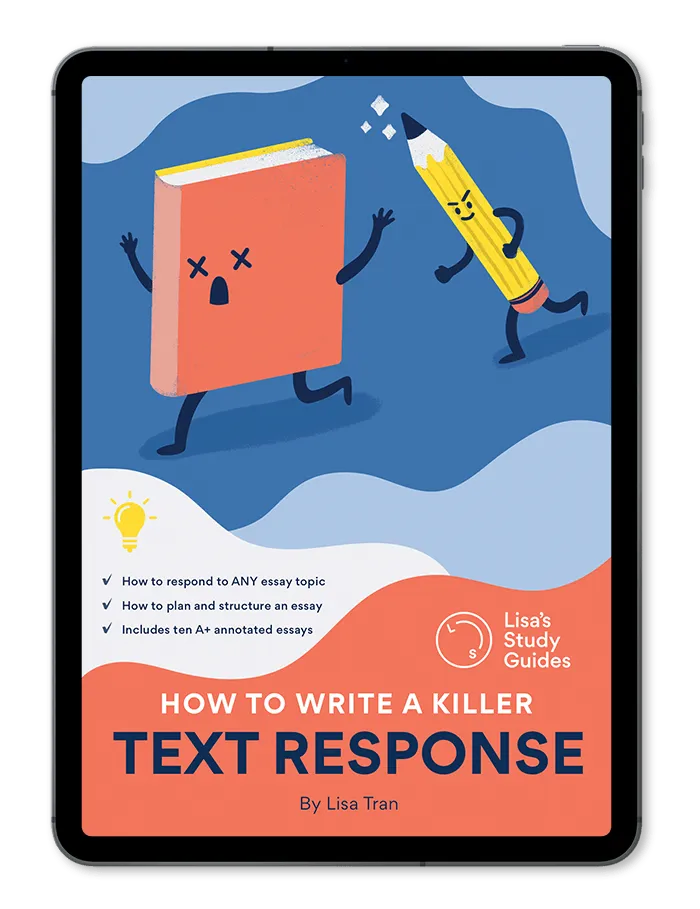






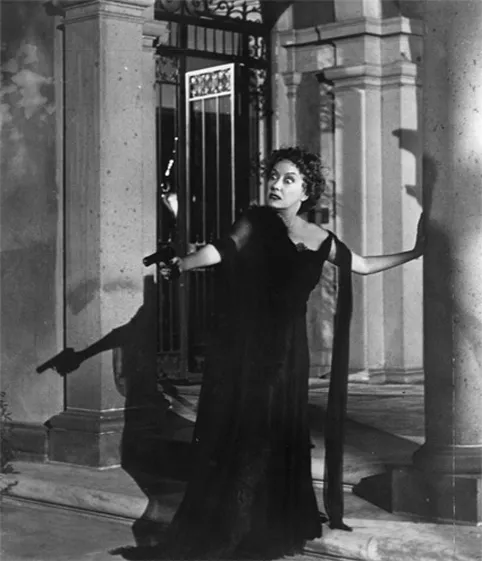
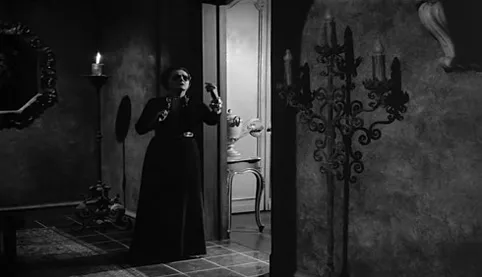
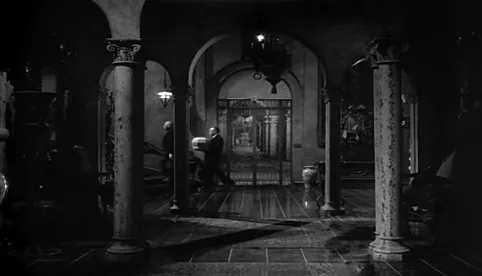
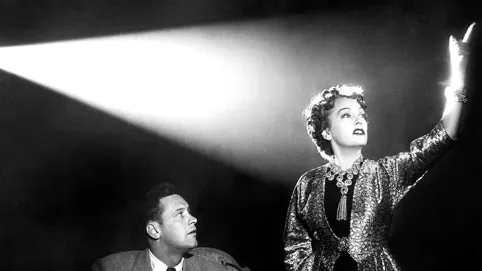
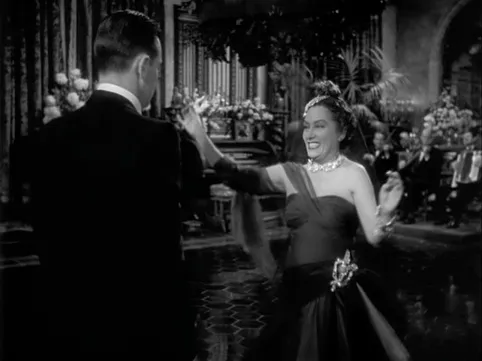
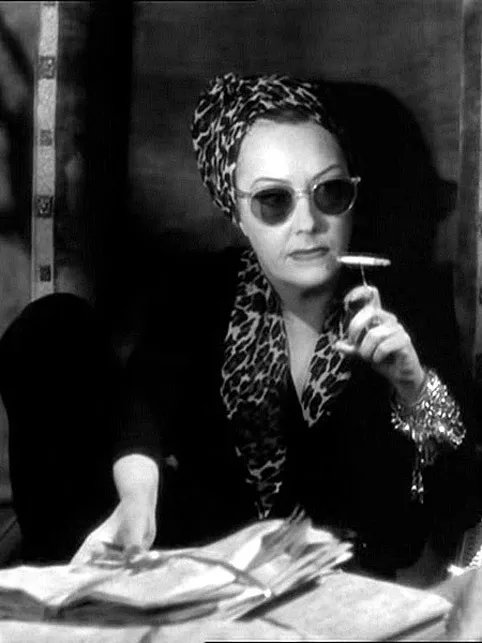
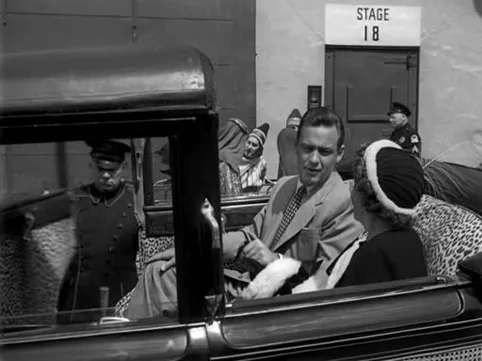

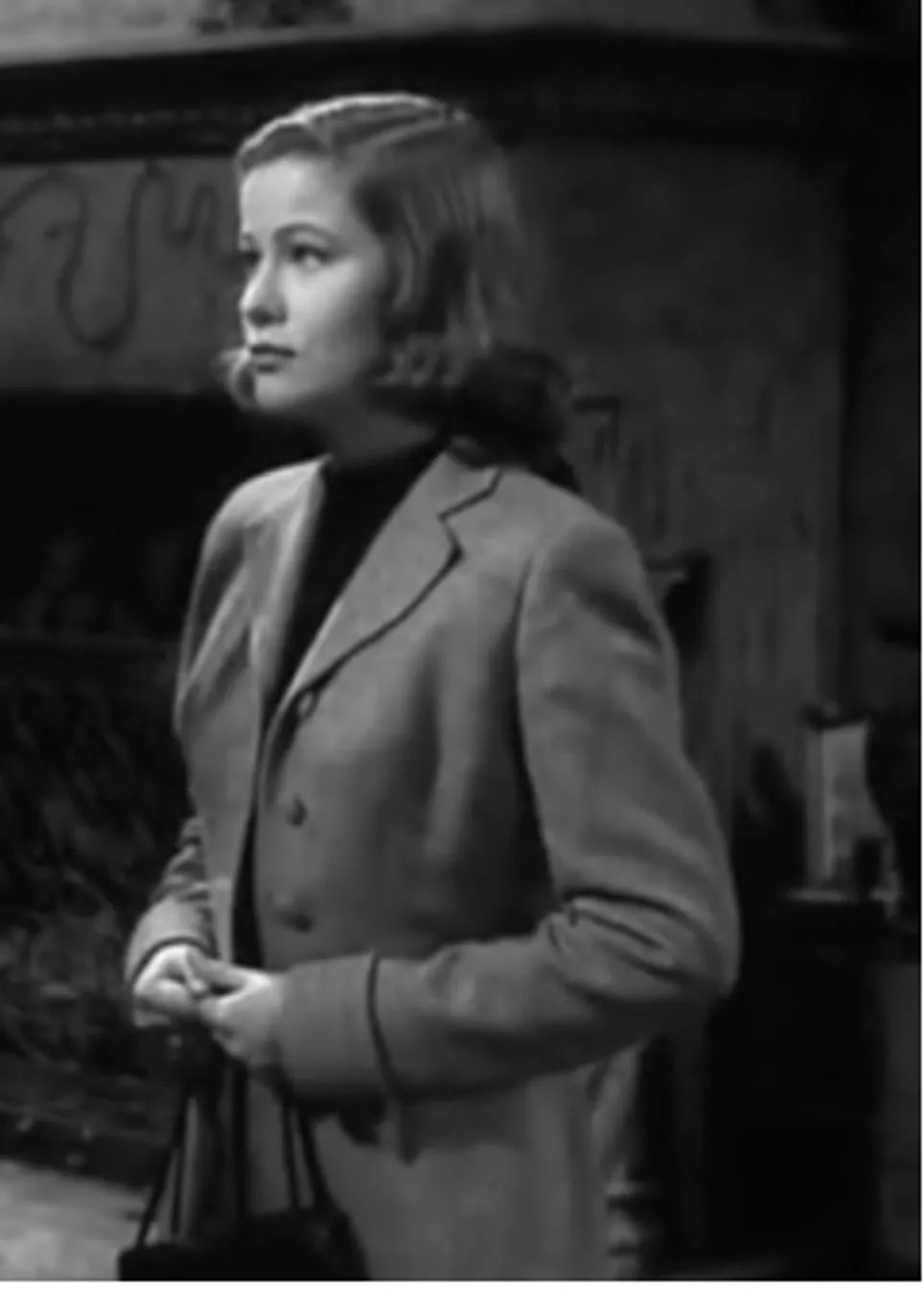
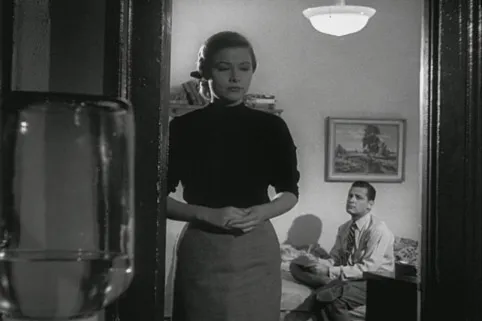
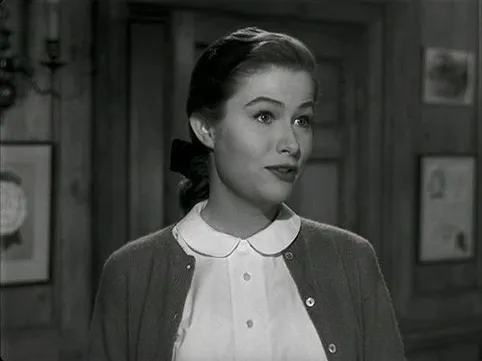

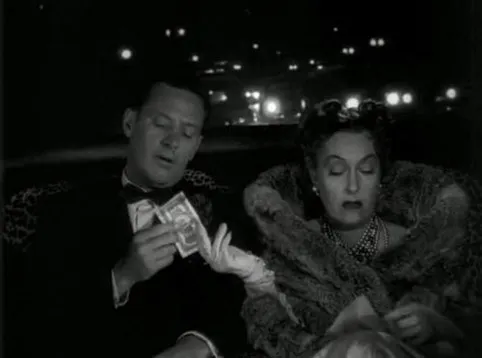
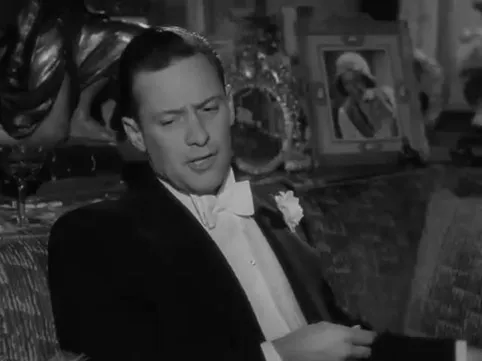
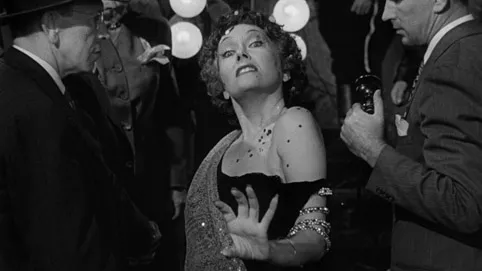

.jpg)